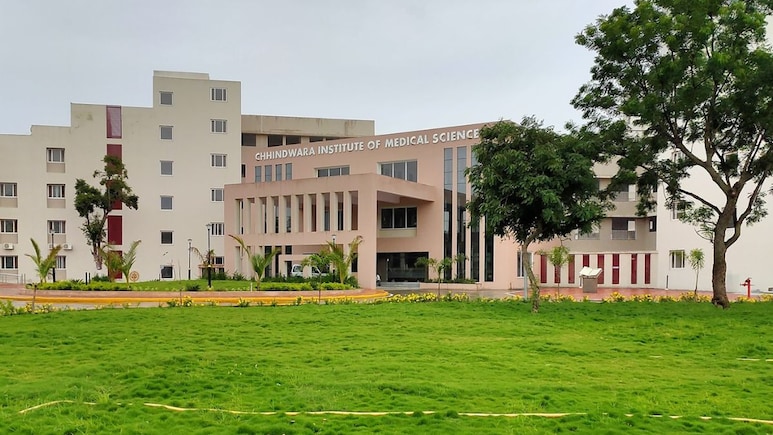
A serious mismanagement of medicine stores in Madhya Pradesh was flagged in a central audit report last year, months before one of the country's worst medicine tragedies left at least 23 children dead in the state. The deaths are linked to the adulterated Coldrif cough syrup that has renewed focus on drug testing and regular inspections.
The Comptroller and Auditor General of India (CAG)'s report tabled in the assembly on December 18 said no physical verification of stores was carried out during 2018-22 at several hospitals, including one in Chhindwara, the epicentre of the recent deaths. These included the Chhindwara Institute of Medical Sciences (CIMS) and Bhopal's Hamidia Hospital and Sultania Zanana Hospital. As per state rules, all medical stores should be physically verified once a year.
The report on the public health infrastructure and management of health services in Madhya Pradesh said the irregularities were found during physical verification of the central medicine stores of test-checked hospitals.
Besides, 263 types of drugs costing over Rs 1.08 crore expired during 2017-22 at Hamidia Hospital, Bhopal, Jaya Arogya Hospital, Gwalior, and CIMS, the CAG said, indicating a lack of proper management of drug stocks by hospital superintendents.
The central drugstore at JAH, Gwalior, is over 100 years old and was declared to be in dilapidated condition by the Public Works Department in 2016.
During the audit, it was also found that none of the pharmacies of test-checked units had labeled shelves, 24-hour temperature recording of the cold storage area, and a register of maintenance of temperature charts of the deep freezer.
Cartons of drugs were found lying on the floor at JAH Gwalior, Hamidia, and Sultania Zanana hospitals. In the absence of physical verification, the stock position as per records was also not ensured.
Manpower Shortages
The CAG also flagged a shortage of 22,845 health workers in healthcare institutions. This was due to the fact that 182 posts were not sanctioned, as prescribed in the Indian Public Health Standard Guidelines. Further, against the sanctioned posts, 11,535 shortages were found at 1,775 health institutions.
The shortage of doctors ranged between 6-92% at district hospitals, 19-86% at community health centres (CHCs), primary health centres (PHCs), and 27-81% at sub health centres (SHCs).
Further, a 27-43% staff shortage was noticed in medical colleges and 28-59% in the AYUSH department.
In the nursing workforce, the shortage was between 3-69% in district hospitals, 4-73% in civil hospitals, 2-51% in CHCs, PHCs, and SHCs against the sanctioned strength. Specifically in the AYUSH department, the shortage of nurses is up to 27% in medical colleges and up to 59% in healthcare institutions.
A Tamil Nadu audit
The CAG's performance audit on the public health infrastructure and management of health services in Tamil Nadu, tabled on December 10, 2024, had flagged shortages in reaching the targets for drug inspection and lifting of samples.
In 2016-17, the target for total inspections to be carried out in Tamil Nadu was 1,00,800. But only 66,331 inspections were carried out, reflecting a 34% shortfall. Three years later, in 2020-21, the shortfall in targeted inspection of drugs increased to 38%. During this period, 1,00,800 inspections were to be done, but only 62,358 were carried out.
Between 2016 and 2021, the highest shortfall was noted at 40% during 2019-20.
The CAG also flagged shortfalls in the lifting of drugs for testing by drug inspectors. During the above period, the deficit was noted at 54% in 2018-19 and 2020-21.
Track Latest News Live on NDTV.com and get news updates from India and around the world

